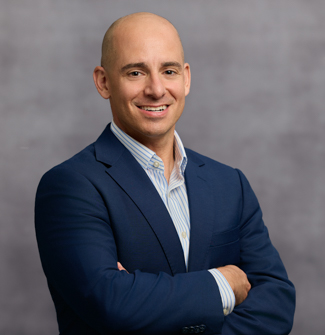On July 31, the Solicitor General filed a petition for a writ of certiorari in United States v. Newman, 773 F.3d 438 (2d Cir. 2014), asking the United States Supreme Court to address the standard for insider trading in a tipper-tippee scenario. Specifically, the Solicitor General argues that the Second Circuit’s Newman decision is in conflict with the Supreme Court’s 1983 decision in Dirks v. SEC, 463 U.S. 646 (1983), and the Ninth Circuit’s recent decision in United States v. Salman, No. 14-10204 (9th Cir. July 6, 2015). Because the Supreme Court grants certiorari in nearly three out of four cases filed by the Solicitor General, the likelihood of a cert grant in Newman is particularly high.
United States Supreme Court Poised to Address Standard for Insider Trading Following Second Circuit’s Decision in United States v. Newman



